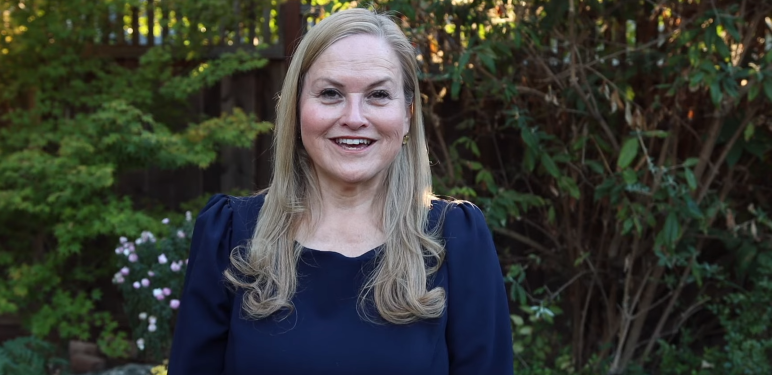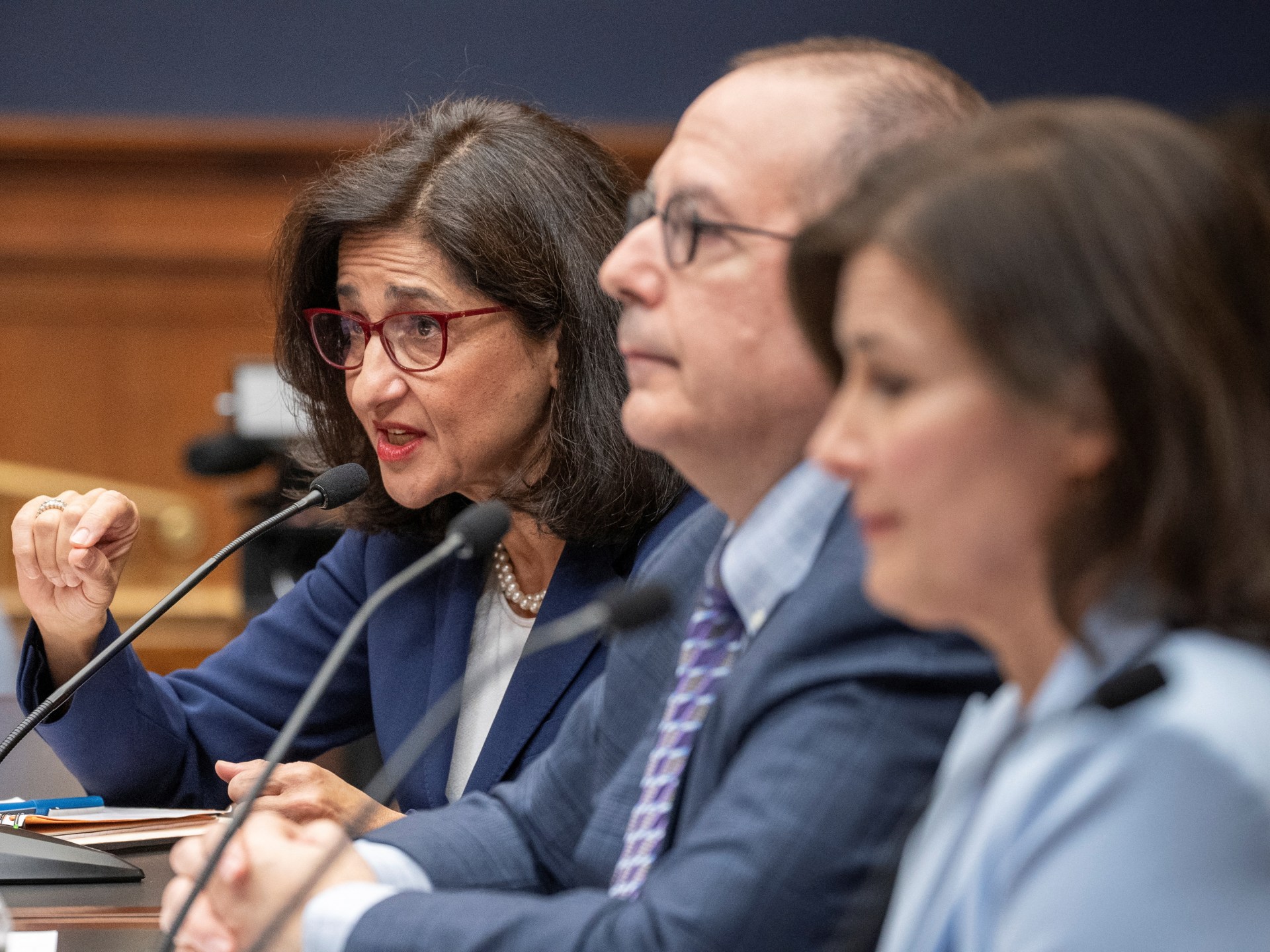Lifestyle
Nicki Minaj Sued For Allegedly Damaging Borrowed Jewelry, She Denies It

Nicki Minaj is being dragged to court over some alleged unpaid bills for custom jewelry … but her attorney says she’s not responsible, and claims the jeweler is just using her for publicity.
The rapper is being sued by a West Hollywood jeweler who claims they loaned out some bling to the rapper — a pretty standard transaction for celebs, but the jeweler claims some of those pieces came back damaged … which is not standard.
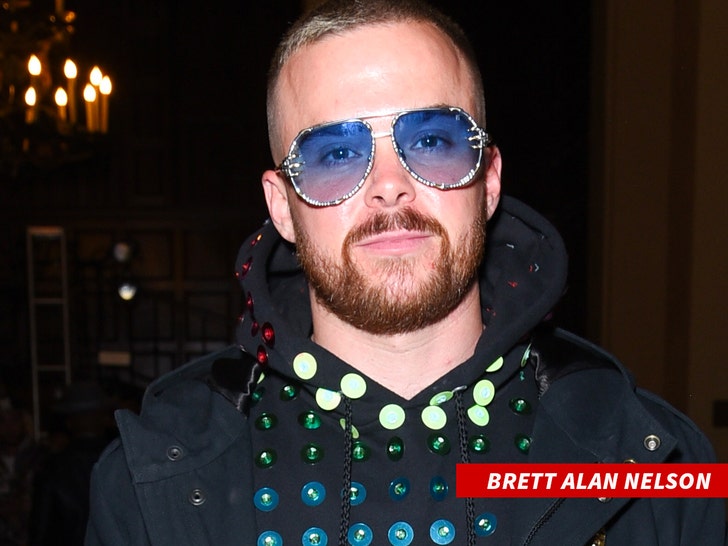
According to a new lawsuit, obtained by TMZ, Nicki’s stylist Brett Alan Nelson signed a contract with Roseark jewelry store, with Roseark agreeing to loan Nicki jewelry for a public appearance.
The store claims the contract called for Brett to return the bling within a week and pay for any damages the jewelry might incur under his watch.

In the docs, Roseark claims Nicki’s stylist failed to return 66 pieces of jewelry by the agreed upon deadline, and, when Brett finally forked over the bling, there was noticeable damage to a set of earrings and a leaf ring.
A source close to Nicki tells us … everything was returned on time as promised and it was only after items were in the jeweler’s possession for some time that the store complained about a missing stone.
The jewelry store says it sent invoices to Brett for the damage, which it says totals $26,239.50 plus interest. The folks at Roseark claim they haven’t gotten paid, despite their repeated attempts to collect.
So, Roseark is suing Nicki and her stylist for the money … even though it appears Nikki never had any direct dealings with the jeweler.
In fact, Nicki’s attorney, Jordan Siev, tells TMZ … “We have not been presented with any evidence that any of the jewelry at issue was damaged by Nicki. This lawsuit appears to be nothing more than an ordinary insurance claim by the jeweler designed to generate publicity for itself and extract a payment to which it is not entitled. We will defend the lawsuit vigorously.”

Lifestyle
What happened when the threat of danger became Salman Rushdie's reality? : Consider This from NPR

You’re reading the Consider This newsletter, which unpacks one major news story each day. Subscribe here to get it delivered to your inbox, and listen to more from the Consider This podcast.
NPR’s Mary Louise Kelly speaks with Salman Rushdie (April 8, 2024).
Nickolai Hammar/NPR
hide caption
toggle caption
Nickolai Hammar/NPR
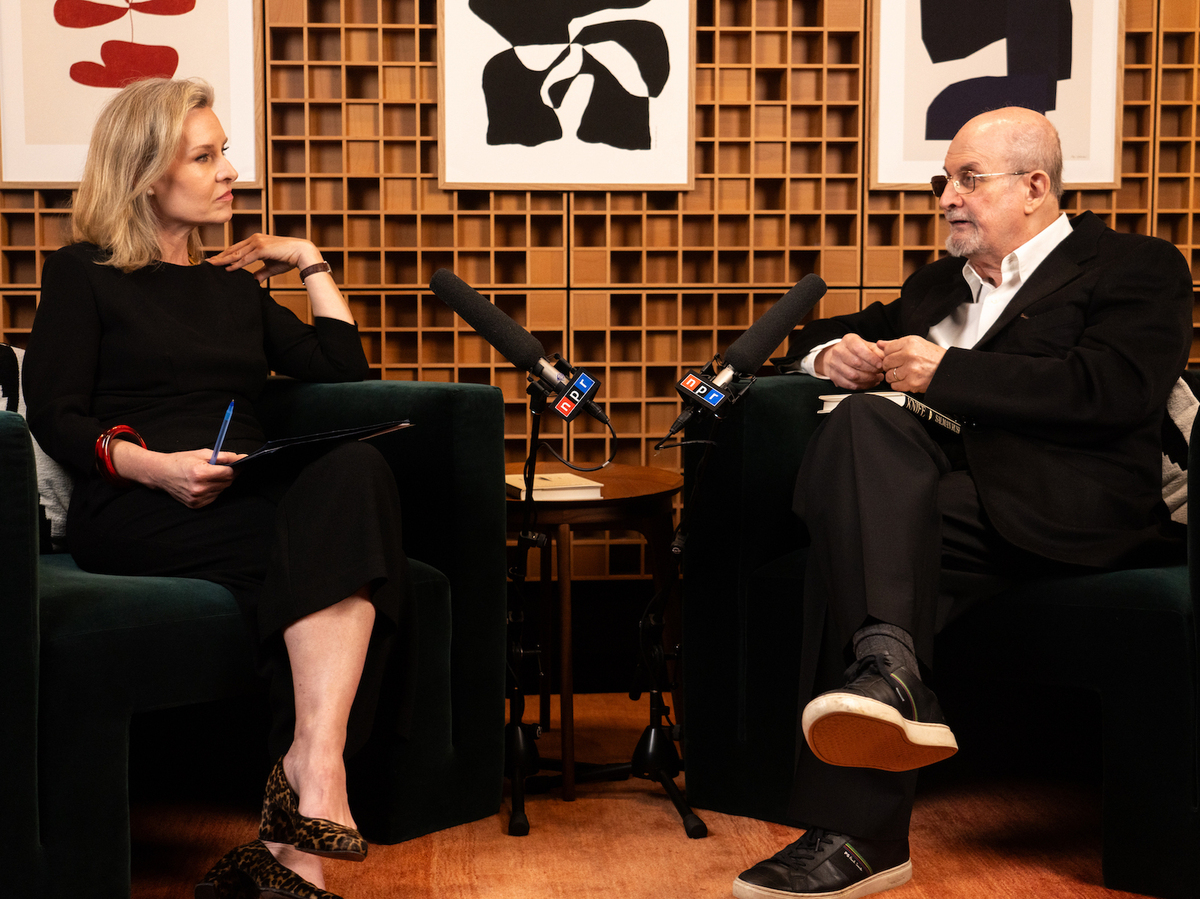
NPR’s Mary Louise Kelly speaks with Salman Rushdie (April 8, 2024).
Nickolai Hammar/NPR
1. A career-marking controversy.
Novelist Salman Rushdie gained critical acclaim and international recognition, with his 1981 title Midnight’s Children.
But Rushdie is probably most closely associated with his 1988 novel The Satanic Verses, a book inspired by the life of the prophet Muhummad. The book was notorious not just for its contents but because of the intense backlash, and the threat it posed to his safety and wellbeing.
While Rushdie saw it as an exploration of Islamic culture, some Muslims saw it as blasphemous.
In an earlier interview with NPR, Rushdie noted that, “Ironically, one of the sad things about this whole affair is that this book could actually have done something to introduce Western readers, not just to the literal details of the life of the prophet, but to the spirit of a different culture and of a different way of looking at things.”

2. Fear and the unthinkable.
The year after the publication of The Satanic Verses, Iran’s supreme leader issued a fatwa, ordering Muslims to kill Rushdie. For years, he was forced to live in hiding with armed guards, and even adopted an alias for his writing. But around the turn of the century, he says, the Iranian leaders, “Called off the dogs.”

Rushdie moved to New York in 2000, and was able to resume the public life of a popular author, attending panels, giving speeches, and settling into what he presumed to be his new normal.
On August 12th, 2022, all of that changed. A young man charged at Rushdie while he was on stage at an event. The man stabbed Rushdie at least a dozen times.
3. Moving forward.
In the moments where he realized what was happening, Rushdie says he experienced a sense of recognition.
“Here you are. I say in the book something to the effect that it felt like he was a time traveler, somebody emerging out of the past,” he told NPR’s Mary Louise Kelly.
Rushdie suffered multiple stab wounds, a damaged liver, and severed nerves in his hand. He had to be on a ventilator and lost his left eye.
After two years, he has chronicled his brush with death, and the aftermath in his new memoir KNIFE.
For sponsor-free episodes of Consider This, sign up for Consider This+ via Apple Podcasts or at plus.npr.org. Email us at considerthis@npr.org.
This episode was produced by Megan Lim and Brianna Scott. It was edited by Courtney Dorning and William Troop. Our executive producer is Sami Yenigun.
Lifestyle
GloRilla Arrested for DUI in Georgia, Cops Say Boob Fell Out During Stop

GloRilla found herself in a jail cell this week after cops busted her for DUI — and she apparently had a wardrobe malfunction while this all went down … TMZ has learned.
According to a police report, obtained by TMZ, the rapper was arrested and booked early Tuesday morning on suspicion of driving under the influence, consuming/possessing an open alcoholic beverage container and a separate traffic charge in Gwinnett County, GA.

She was hauled into jail around 6:12 AM ET and bonded out a few hours later. Her booking info, obtained by TMZ, notes that one of her aliases is Hallelujah … which is her legal middle name.
As for what exactly happened here — cops say they saw a vehicle making a U-turn at a solid red traffic light around 4 AM ET, so they pulled the vehicle over to see what was what.

The officer who took the report claims he smelled marijuana and alcohol emanating from the car, and claims GloRilla told him she’d been drinking that evening … but, he explains she wouldn’t say how much she’d consumed, and insisted she was good to drive.
The police say they then administered a field sobriety test — which they claim GloRilla was shaky on, especially staying on her feet. They put her through the wringer, it seems — making her do the eye-follow test, the walk-and-turn, one-leg balance, walk-in-a-straight-line, etc.
On just about all of them … the cops claim she bombed. Finally, they got to the breathalyzer … which the police claim she refused to submit to. During this whole back and forth, the cop says GloRilla’s breast slipped out from under her clothes — which he had to tell her about.
In the end, GloRilla got arrested — and cops say an associate came to pick up her vehicle.
What’s interesting is that GloRilla herself hasn’t shown any indication she ran into legal trouble. Her IG is full of people twerking their asses to her and Megan Thee Stallion‘s new ‘Wanna Be’ song. So, business as usual in other words.
We’ve reached out to GloRilla … so far, no word back.
Lifestyle
Death doula says life is more meaningful if you 'get real' about the end

In Alua Arthur’s 2023 TED Talk, she said her ideal death would happen at sunset.
Yeofi Andoh/HarperCollins
hide caption
toggle caption
Yeofi Andoh/HarperCollins

In Alua Arthur’s 2023 TED Talk, she said her ideal death would happen at sunset.
Yeofi Andoh/HarperCollins
As a death doula, Alua Arthur helps people to plan for the end of life and, when the time comes, to let go. She says that while we’re conditioned to fear death, thinking and talking about it is instrumental to creating meaningful lives.
“When I’m thinking about my death, I’m thinking about my life very clearly: … What I value, who I care about, how I’m spending my time,” Arthur says. “And all these things allow us to reach the end of our lives gracefully, so that we can die without the fear and the concerns and the worries that many people carry.”
Before becoming a death doula, Arthur worked as attorney — a job she hated. Unhappy and depressed, she took a trip to Cuba where she met a fellow traveler who had terminal uterine cancer. Talking to the woman about death, Arthur realized she needed to make a change.

“Up until then, I was just kind of waiting for my life to write itself without taking any action to make it so,” she says. “Thinking about my mortality, about my death, really created action.”
Arthur went on to found Going with Grace, an organization that supports people as they plan for the end of their lives. She says a big part of her work is helping people deal with regret as they reconcile the lives they lived with the lives they might have wanted.

“When folks are grappling with the choices that they’ve made, my role is to be there with them,” she says. “Sometimes the greatest gift that we can offer is grace. … Part of the reason why I named the business ‘Going with Grace’ is because of the grace that needs to be present at the end of life, for people to be able to let go of it.”
Arthur’s new book is Briefly Perfectly Human: Making an Authentic Life by Getting Real About the End.
Interview highlights


On the death of her brother in law, Peter, in 2013
It was the first time I was really faced with this reality that the people that we love might not be here for much longer. It felt really isolating. I knew intellectually that there were a lot of other people that were ill and getting close to … the end of their lives, but it felt like we were the only ones that felt like we were on this little cancer planet by ourselves, where somebody we loved will soon be dying. And there wasn’t some one person that I could turn to to say, “Help! Just help. I’m lost here,” or “Today’s really hard,” or “How do we navigate this?” Or “What do we do with all these medications?” “Where can we find smaller sized hospital gowns that will arrive, like in the next days?” (Because he was losing weight so rapidly) We just needed some help and I mean, practically, but also just somebody to be there to listen, to rely upon, somebody that I could lean on as other people were leaning on me. …
Many people have already served as death doulas for somebody in their family, and most of us will at some point. Which is why I think it’s so important that we all have a functional death literacy, because we live in community. We die in community. At some point, a member of that community is going to need the support. So many of us are going to do it and already have. That’s how I learned how to do it is through Peter. I took courses afterwards, but that was the initial spark, the initial practical application of the work itself.
On facing grief

The thing about grief is whether or not you want to face it, it’s going to find its way through. Either we don’t acknowledge it emotionally, and it manifests itself in work, or our relationships, or addiction or some other traumatic event, or it shows up in our bodies as illness. But grief is present. Grief lives in the body and it must be accessed at some point. It will force its way. I think that since we push so many of our sad or difficult emotions away, we don’t allow space for grief because it is difficult. But I don’t yet know anybody who has died from grieving. It’s hard, and yet there is always another day, provided we choose the next day.
On the importance of talking to your medical proxy

The first thing I encourage people to do is to think about the person who will make the decisions for them in the event that they can’t. That is a health care proxy or a medical power of attorney, or just somebody whose job it is to make your decisions. Somebody who would make decisions the way that you would. Not the way that they would, not the things that they want for you, but rather what you would want for yourself. And to begin communicating those desires to your health care proxy, because the communication of that desire is going to open up a beautiful, rich conversation about what you want with your life, how you want your life to eventually end, if that is the way that it’s going, and then get you started on the path toward planning for it.
On how not talking about death openly leads to fear and anxiety

I think a lot of the old way of thinking is largely responsible for the death phobia that we currently experience in today’s culture and society … where we pretend it’s not happening, where bodies are whisked away to funeral homes just moments after the death has occurred. We don’t take time with the body. We don’t take time to talk about death. We pretend it’s not happening until it’s too late. That death phobia has caused a real crisis, I think, in this country and in the West overall, where we are living out of relationship with nature and with our mortality, which is ultimately a detriment to us as a culture, but also to us as individuals.
On helping people who are at their worst
People are most human when they are dying. They are at their fullest. That means their best and their worst. I think as people are approaching the end, they are grieving as well. They are grieving their own death. They are grieving all the things that they’re going to leave. I think we often forget that when somebody in our lives is dying, we are losing them, but they are losing everything and everyone and leaving the only place that they’ve known consciously. And so that brings about a lot of emotion, and some of it is anger and frustration. And sometimes disease causes personality changes. Sometimes there is some vitriol and sometimes it’s just really not pretty. … If we can be present for their experience, which often is rooted in fear, then I think it allows us to not take it so personally and to give them some grace for what it is that they are experiencing.
On advice for caregivers

Give yourself plenty of grace. You, I’m sure, are doing amazing because this is really, really hard. … I wish somebody had said that to me at various points. … Next, I’d also encourage that people try to take a minute to check in with their bodies and take care of their bodies’ needs. Make sure that you’re eating to the best that you can … find pockets of rest where you can. To the extent that you can, speak your needs and let somebody else support you in it. If you have a need, no matter how small it might be, speak it and open the space for somebody to support you in it. And I’d also say reach out for some support if you can, not only to a friend … but there are plenty of doulas that are willing to support their community members at a free or reduced cost, maybe even a sliding scale. Reach out. There are plenty of resources that are available, but most importantly, if you hear nothing else, please just give yourself some grace for the process. It’s tough.
On advice for the moment you sit with a loved one during their death

Do your best to stay present. Do your best to stay in your body. It can be so confronting that the desire, the urge to disassociate or to distract is huge. And yet, if there’s somebody that you loved and cared for, if you could hold thoughts of love and care and honor and gratitude for their lives, that’s a really beautiful way to be during that time. And also, as always, give yourself plenty of grace for however it is that you’re approaching it. If there is somebody in the room that is having a bigger emotional reaction, ask for their consent before touching or interrupting it or being with it in any way. And not everybody who is crying wants the tears to stop, or needs a tissue to plug them up, or wants a hug. Maybe they want to stay present in their bodies without the imposition as well. … It’s utterly profound. Getting to witness the doorway to existence is a gift and a privilege and a huge honor. And so hopefully we can continue to treat it as such.
Sam Briger and Thea Chaloner produced and edited this interview for broadcast. Bridget Bentz, Molly Seavy-Nesper and Beth Novey adapted it for the web.

-

 News1 week ago
News1 week agoVideo: Election Officials Continue To Face Violent Threats
-

 Movie Reviews1 week ago
Movie Reviews1 week agoSasquatch Sunset (2024) – Movie Review
-
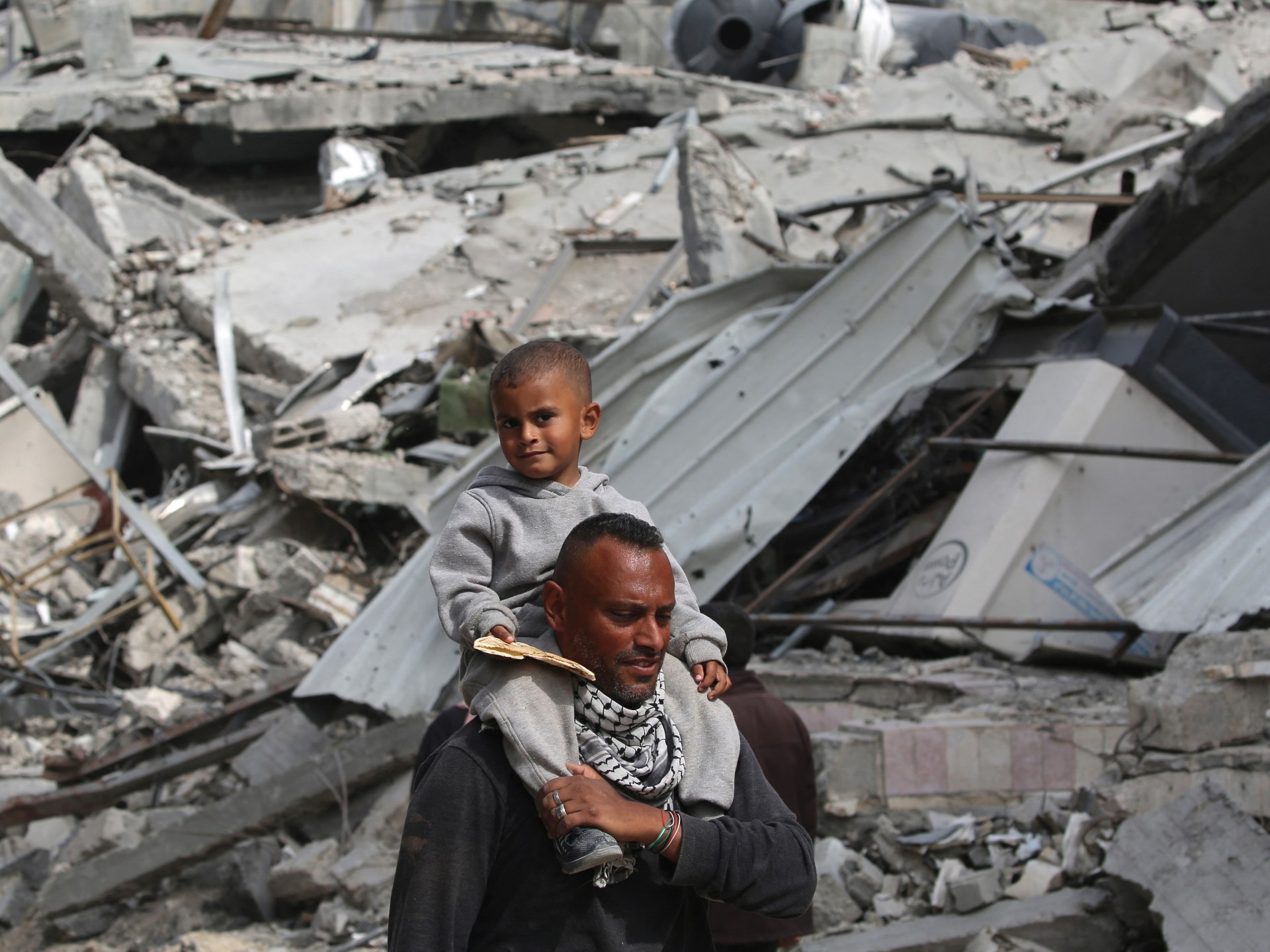
 World1 week ago
World1 week agoHope and anger in Gaza as talks to stop Israel’s war reconvene
-
Fitness1 week ago
This exercise has a huge effect on our health and longevity, but many of us ignore it
-

 Science1 week ago
Science1 week agoThe Eclipse Across North America
-

 Uncategorized1 week ago
Uncategorized1 week agoANRABESS Women’s Casual Loose Sleeveless Jumpsuits Adjustbale Spaghetti Strap V Neck Harem Long Pants Overalls with Pockets
-
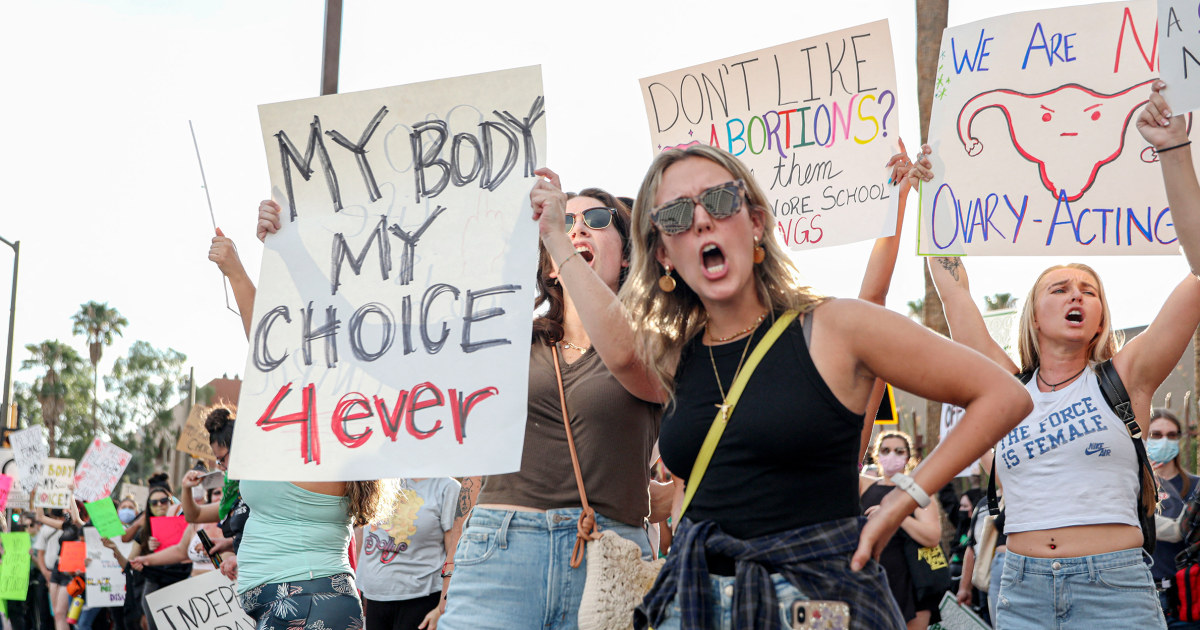
 News1 week ago
News1 week agoArizona Supreme Court rules that a near-total abortion ban from 1864 is enforceable
-

 Finance1 week ago
Finance1 week agoSponsored: Six Ways to Use Robinhood for Investing, Retirement Planning and More


